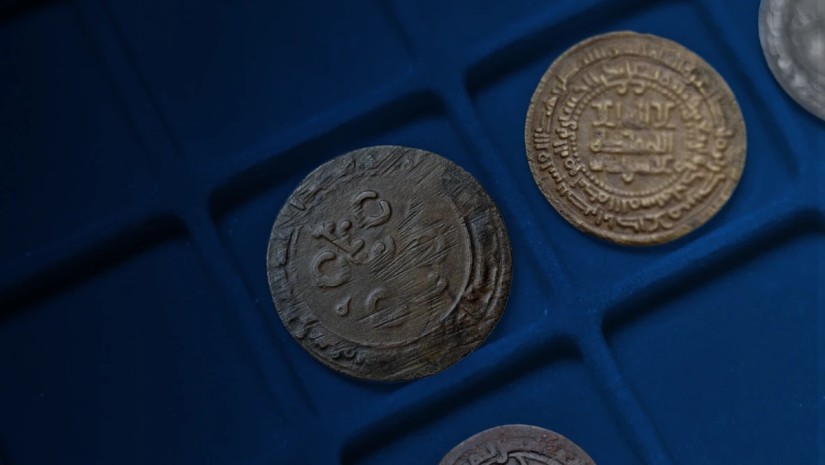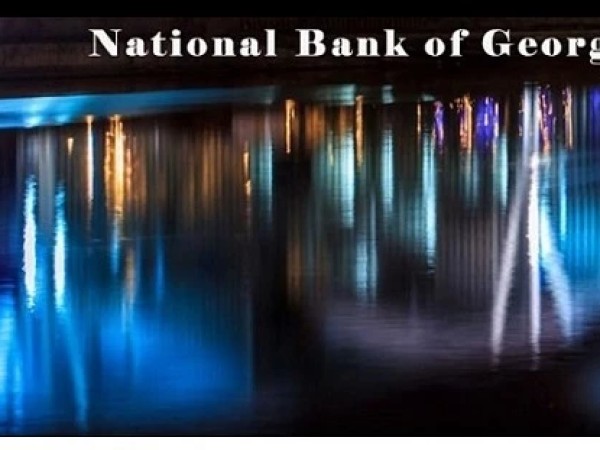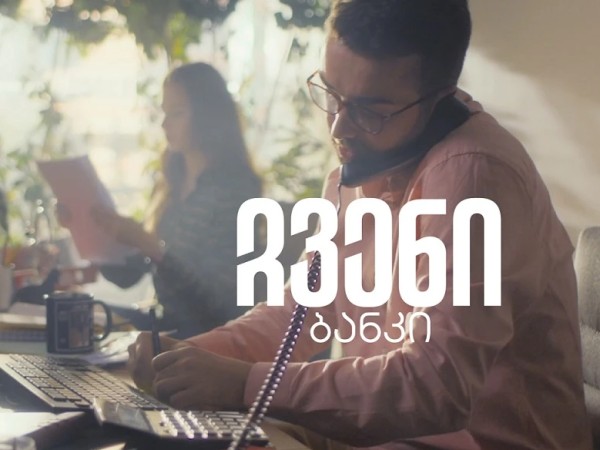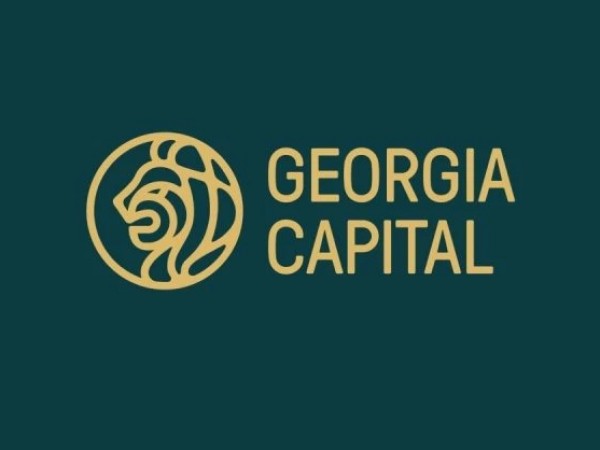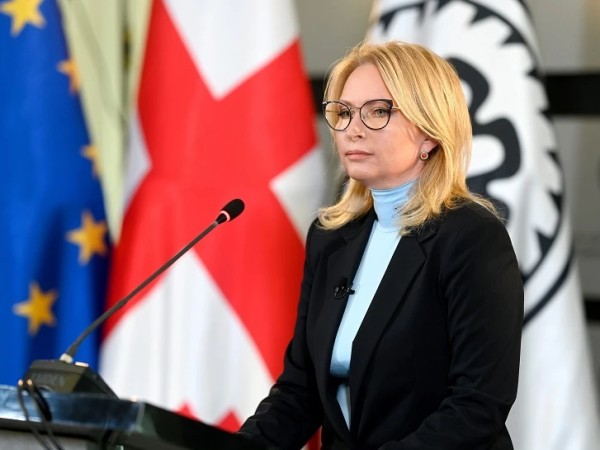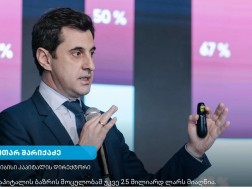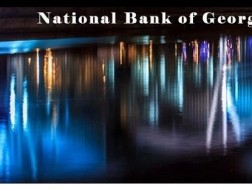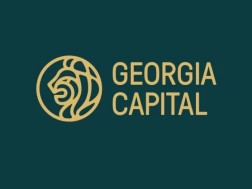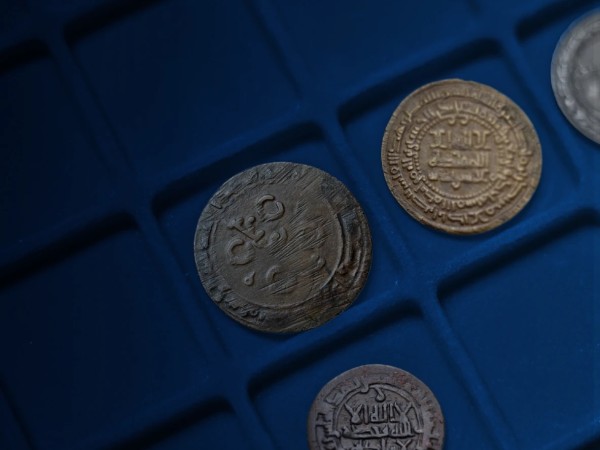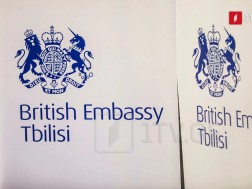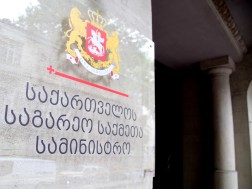Tbilisi (GBC) - According to TBC Capital’s latest macroeconomic review, Georgia’s net foreign exchange inflows, a combination of trade in goods, tourism revenues, and remittances, continued to improve in June, driven by both stronger inflows and weaker outflows.
The investment firm notes that the trend observed over recent months has remained stable: exports remain strong, largely due to re-exports of vehicles, while import growth remains weak, partly because of a decline in car imports.
Remittance flows also showed positive momentum, increasing by 12.2% year-over-year in June. Meanwhile, tourism revenues grew 5% annually in the second quarter, up from 2.3% in the first quarter, despite short-term disruptions from the conflict in the Middle East.
The European Union remained the largest source of foreign exchange inflows, accounting for 20.3% of total inflows in Q2, although slightly down from 21.7% in Q1.
“As we’ve emphasized in previous reports, strong net foreign exchange inflows are one of the three key factors supporting the GEL (Georgian lari),” TBC Capital said.
“Of the remaining two, the US dollar has strengthened slightly following the US-EU preliminary trade agreement, while the GEL deposit conversion dynamics in July present a more mixed picture.”
Despite this, pressure for GEL appreciation remains strong, as reflected by the National Bank of Georgia’s (NBG) ongoing foreign exchange interventions. According to TBC Capital estimates, the NBG purchased more US dollars in July than in previous months, indicating significant foreign currency inflows.
TBC Capital’s short- and long-term exchange rate models suggest that the GEL remains slightly undervalued compared to its equilibrium level.
As of June, annual inflation reached 4.0%, showing a moderate acceleration from the previous month but remaining broadly in line with expectations. Food prices remain the primary driver of inflation, although service inflation was also elevated in June.
It’s worth noting that the temporary effect of reduced internet fees, which had helped lower inflation by around 0.4 percentage points, is expected to expire in July and August.
“If inflationary pressures intensify, which is not our base-case scenario, the excess of foreign currency in the economy would likely contribute to further appreciation of the GEL,” the review states.
At its July 30 meeting, the NBG opted to keep the refinancing rate unchanged at 8%, citing a balance of risks.
According to TBC Capital, non-cash spending remained stable across June and July, after three months of consecutive growth. This contributed to a slowdown in annual spending growth. Migrant and non-resident spending showed similar dynamics, with non-resident expenditures, a key real-time indicator of tourism, improving in July.
Based on preliminary estimates from Geostat, Georgia’s economic growth in June was 6.3%, with an average of 7.1% for Q2.

